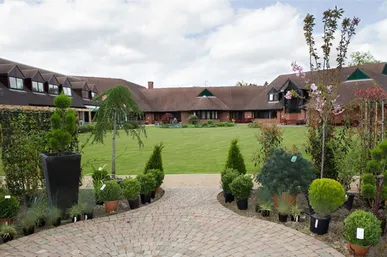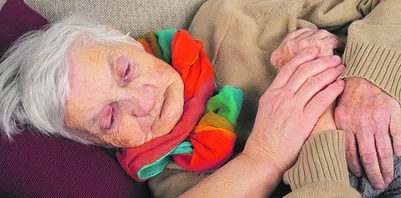
Hospices warn on assisted dying

Nicola Laver
Hospices in the UK are warning of severe underfunding, leading to fears that if ‘assisted dying’ is legalised, it would lead to more terminally ill patients requesting it.
In July, a Private Member’s bill on assisted dying was introduced in the Lords, and CARE has warned that a ‘right to die’ would become a ‘duty to die’. The bill was introduced by Lord Falconer, who has been campaigning for legalising assisted dying for more than a decade.

politics & policy
Assisted dying: a crunch vote approaches

James Mildred
‘If at first you don’t succeed, try, try, try again…’ One politician who has taken this mantra to heart is Lord Falconer.
When I first joined CARE (Christian Action Research and Education), his Private Members’ bill to legalise assisted suicide for terminally ill adults with six months or less to live was before the House of Lords. In the end, time ran out and it failed to progress enough to become law.
Assisted suicide? Justin Welby? It’s all about God
There have been two questions I’ve been asked more than any others in the last few weeks. First, what do you think about assisted suicide? And second, what do you think about Justin Welby? There’s plenty that could be said in answer to both. But at heart, the answer I want to give is the same: It’s all about God.
Of course we want to talk about the ethics of medicine, the sanctity of life, the devaluing of the weak, the protection of the vulnerable, the application of justice to the wicked, the goodness of marriage, the sinfulness of sexual immorality, and many more things beside. But they are, in a sense, derivative; for all of God’s laws flow from God Himself. When terrible ethical failures happen, it is because there is first a failure to know and love the one true God.